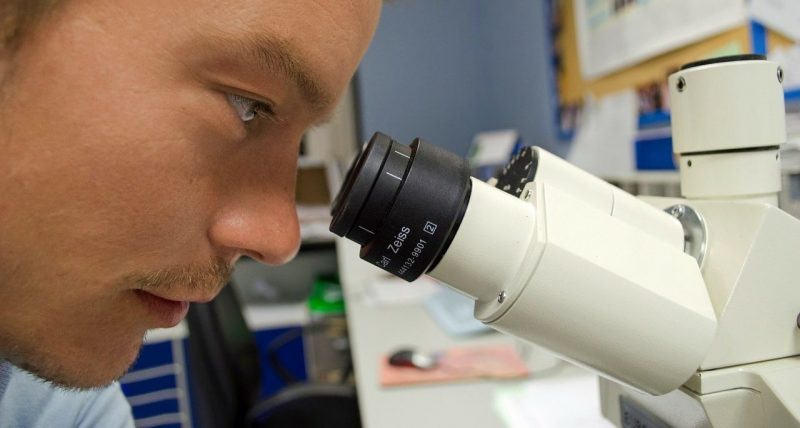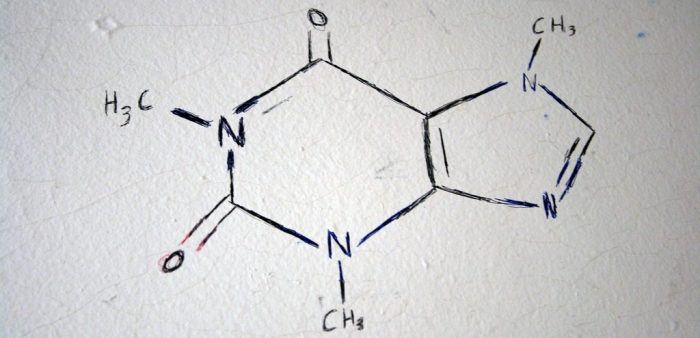We explain what science is, what are its characteristics and the main types of sciences. Also, what is the scientific method and more.
What is science?
Science is a branch of knowledge that is based on observation and experimentation , which are applied in an orderly and systematic way, to learn about the physical world and its phenomena. The objective of science is to reveal general truths to establish fundamental laws and hypotheses.The development of science throughout history has made it possible to know and explain the world through verifiable methods, leaving aside magical thinking and myths that served to explain phenomena in ancient times.
Characteristics of science
Science is characterized by being:
- Neutral and objective. It is based on hard facts , not opinion or guesswork.
- Methodical and systematic. A procedure is established through a series of ordered steps to explore.
- Verifiable. It is precise and exact in its development and hypothesis.
- Ascertainable. It is verified through experimentation and demonstration.
- Open to new scenarios. It is susceptible to change and what is a limitation today may not be so in the future.
- Cumulative. New knowledge is built on the basis of previous research and experiments.
Types of science
 Science is divided into different sets of knowledge depending on the subject of study. The main types of science are:
Science is divided into different sets of knowledge depending on the subject of study. The main types of science are:
- Formal sciences . They are based on logical and abstract systems made up of signs that allow the generation of organization patterns. These patterns can be applied to various objects of study to explain various phenomena. Some examples of formal science are mathematics , statistics, and logic.
- Natural sciences . They are based on describing, explaining and understanding nature and the phenomena that take place in it, empirically or directly, unlike the abstract logic of the formal sciences. Some examples of natural sciences are physics, biology, and astronomy .
- Social sciences . They are based on studying both the individual behavior of the human being and life in society, through methodologies such as quantitative and qualitative. Some examples are history, archeology , linguistics, and communication .
The cientific method
 The scientific method is one of the research processes by which, through a series of ordered steps, scientists can explore data, generate and test hypotheses , in order to develop new theories or refute old ones. The result obtained is not final, but may be open to questions and debate .
The scientific method is one of the research processes by which, through a series of ordered steps, scientists can explore data, generate and test hypotheses , in order to develop new theories or refute old ones. The result obtained is not final, but may be open to questions and debate .Many of the investigations carried out on the basis of the scientific method are repetitive processes, instead of being a series of unique steps with a beginning and an end. If the hypothesis fails to adequately answer the questions posed, the methodological analysis process can be repeated, modifying the independent variables or questions.
Although the object of study varies from one discipline to another, the scientific method is common to all sciences in that it establishes a basic order on how to implement an investigation. The scientific method is characterized by five general steps:
- Direct observation of what you want to study.
- Definition of questions from observation.
- Hypothesis or premise that could answer those questions.
- Experimentation that consists of doing tests to confirm or refute the hypothesis.
- Conclusions that emerge after analyzing the test results.
The above content published at Collaborative Research Group is for informational and educational purposes only and has been developed by referring reliable sources and recommendations from technology experts. We do not have any contact with official entities nor do we intend to replace the information that they emit.
MA student of the TransAtlantic Masters program at UNC-Chapel Hill. Political Science with a focus on European Studies. Expressed ideas are open to revision. He not only covers Technical articles but also has skills in the fields of SEO, graphics, web development and coding. .
Leave a reply
Your email address will not be published. Required fields are marked *Recent post

Sport: What Is It, Types, Risks, Features, Characteristics and Examples

Dogs: Emergence, Features, Characteristics, Feeding and Breeds

Story: Definition, Elements, Structure, Features and Characteristics

